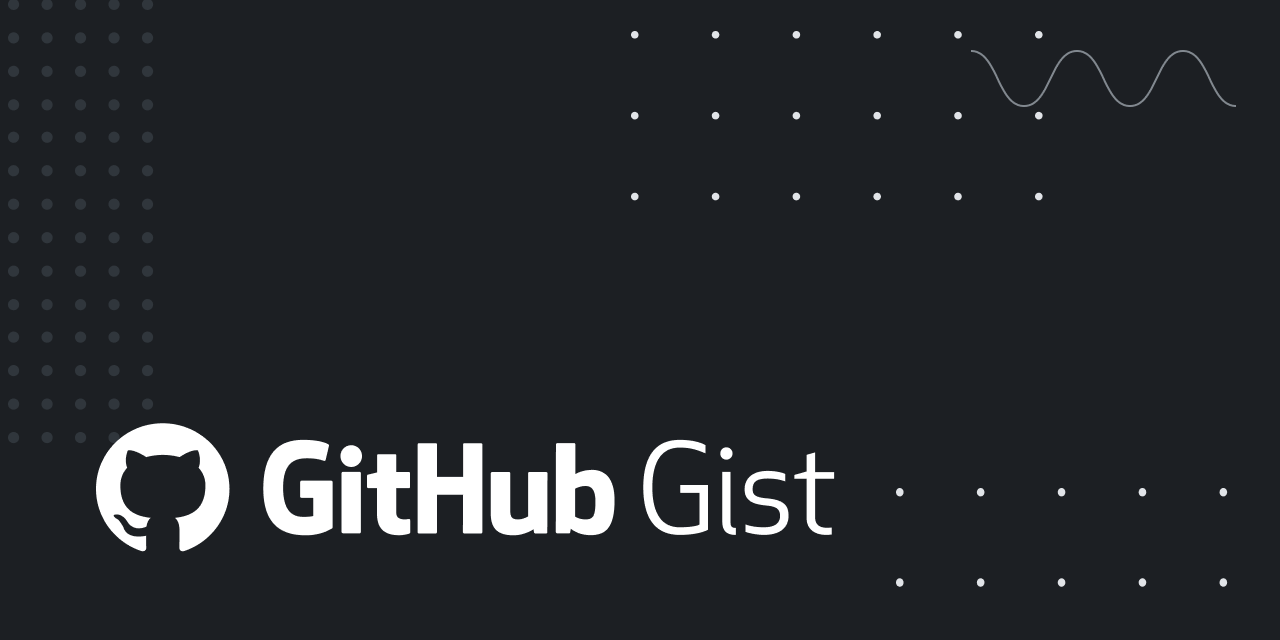Hello,
as said previously there is plenty of VPN on the internet. I see you are looking for a free version of some sort of service, but I would not recommend that. And the reason is quite simple: the security.
I suggest you read this article: https://windowsreport.com/can-free-vpn-be-trusted/ and get your own opinion, to me, it was extremely helpful before deciding to switch from a standard to a premium plan.
If you are occasionally using a VPN, getting a free product cannot affect you that much, as much as you are aware of the risks, but if you want more protection and peace of mind... go for a premium version.
Hope it helps,
Cheers
as said previously there is plenty of VPN on the internet. I see you are looking for a free version of some sort of service, but I would not recommend that. And the reason is quite simple: the security.
I suggest you read this article: https://windowsreport.com/can-free-vpn-be-trusted/ and get your own opinion, to me, it was extremely helpful before deciding to switch from a standard to a premium plan.
If you are occasionally using a VPN, getting a free product cannot affect you that much, as much as you are aware of the risks, but if you want more protection and peace of mind... go for a premium version.
Hope it helps,
Cheers


